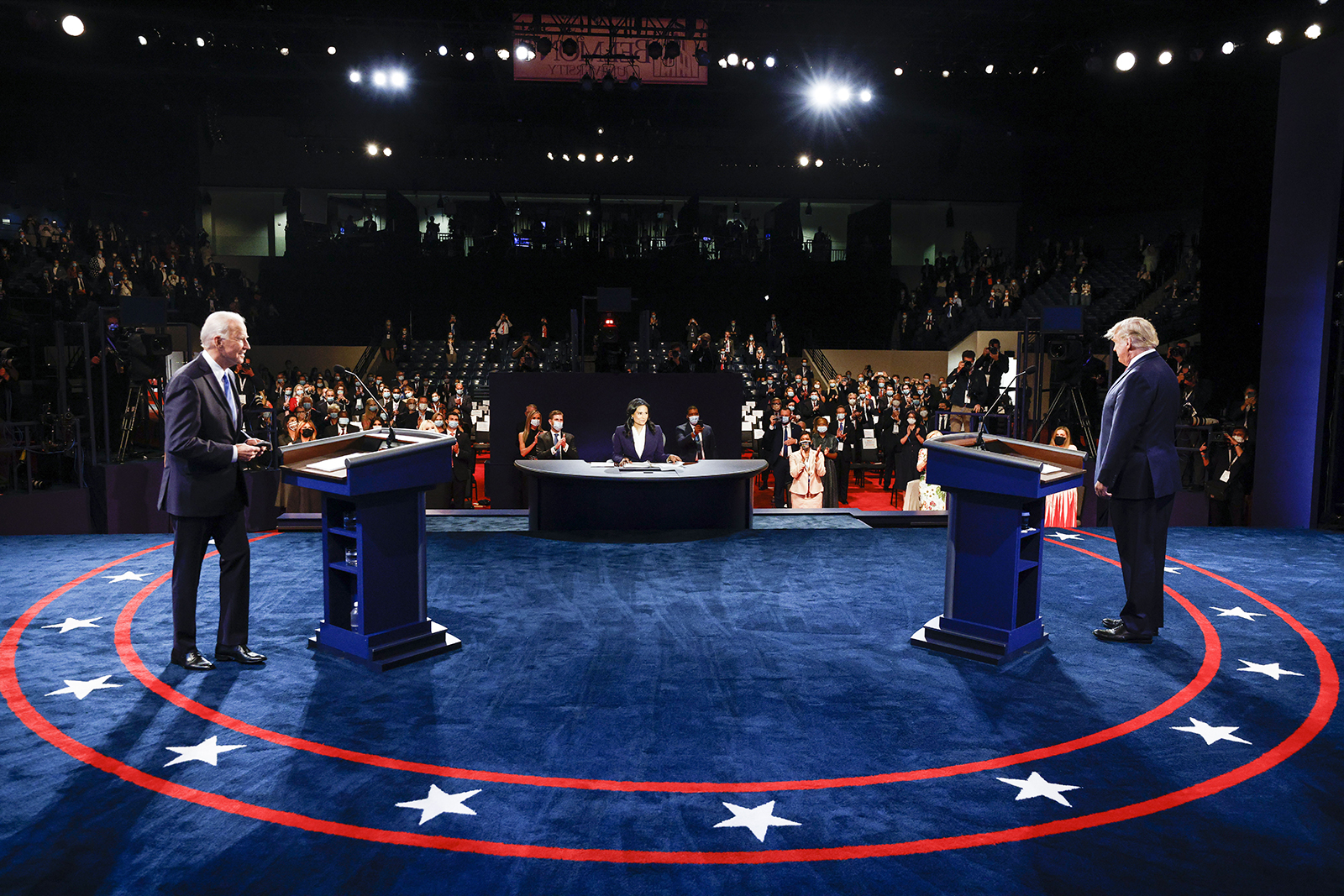Policy and Issue Focus: Whos Winning In The Presidential Debate

The presidential debate provided a platform for the candidates to present their policy positions on a range of critical issues. The candidates’ approaches to these issues were often starkly contrasting, highlighting the significant ideological divides within the electorate. This analysis examines the key policy issues discussed during the debate, comparing and contrasting the candidates’ stances and proposed solutions.
Economic Policy
The candidates’ economic policies were a central focus of the debate. Both candidates acknowledged the economic challenges facing the nation, including high inflation, rising costs of living, and concerns about job security. However, their proposed solutions differed significantly.
Candidate A emphasized the need for government intervention to address economic inequality and provide support for working families. They proposed increasing the minimum wage, expanding access to affordable healthcare, and investing in infrastructure projects to create jobs.
Candidate B, on the other hand, advocated for a more market-oriented approach, arguing that government intervention often hinders economic growth. They proposed tax cuts for businesses and individuals, deregulation of industries, and a balanced budget to stimulate economic activity.
The candidates’ differing views on the role of government in the economy are likely to be a major point of contention throughout the campaign.
Healthcare Policy, Whos winning in the presidential debate
Healthcare policy was another key issue discussed during the debate. The candidates’ positions on this issue reflect the ongoing national debate over the role of government in providing healthcare.
Candidate A advocated for expanding access to affordable healthcare through a government-run system, similar to Medicare for All. They argued that this approach would ensure universal coverage and reduce healthcare costs.
Candidate B, however, opposed a government-run healthcare system, arguing that it would lead to longer wait times and reduced quality of care. They proposed reforms to the existing system, including expanding health savings accounts and increasing competition among insurance providers.
The candidates’ differing views on healthcare policy are likely to have a significant impact on the outcome of the election, as healthcare is a top priority for many voters.
Climate Change
Climate change was a prominent issue during the debate, with the candidates outlining their plans to address this global challenge.
Candidate A emphasized the urgency of addressing climate change and proposed a comprehensive plan to transition to clean energy sources, reduce greenhouse gas emissions, and invest in climate resilience. They argued that the United States has a moral obligation to lead the world in combating climate change.
Candidate B, while acknowledging the importance of environmental protection, expressed concerns about the costs and economic impact of aggressive climate policies. They proposed a more balanced approach, focusing on technological innovation and market-based solutions to reduce emissions.
The candidates’ differing views on climate change are likely to shape their policies on energy, transportation, and environmental regulation.
Whos winning in the presidential debate – The presidential debate is a fierce battle of words, each candidate vying for the spotlight. But while they fight for our votes, McDonald’s is winning hearts (and stomachs) with their limited-edition collectors’ meals, like the McDonald’s collectors meal. Their strategy is simple: nostalgia and a touch of whimsy.
It seems that in the political arena, as in the fast-food world, capturing the public’s imagination is key to winning the day.
While the pundits debate who’s winning the presidential race, there’s one thing that’s sure to impact voters: the 2025 social security cola increase. This critical issue will directly affect millions of Americans, potentially influencing their vote and shaping the future of the country.
It’s not just about who’s winning the debate, but who’s offering the best solutions for the future.
